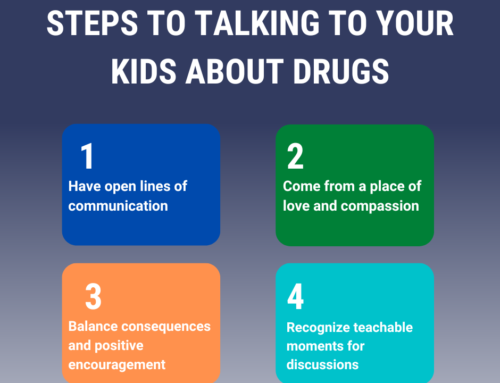A common misconception for someone entering recovery is Alcoholics Anonymous (AA) is the only way. While AA has proven to help millions recover from the disease of alcoholism, other options are out there. Even if you choose an alternate program or wellness technique, you are still in recovery if you are sober. Alcoholics Anonymous was founded in 1935, and has therefore gained a false reputation for being the only way to get and stay sober. Recent years have introduced other approaches to sobriety that have shown to be just as effective.
Unfortunately, AA has been developed as a one size fits all approach. Yet, everyone’s addictions and personalities require something different. Alcoholics Anonymous does offer different types of meetings, such as women/men only, speaker, and topic. There will always be people who feel they can’t connect and may need a different approach to recovery.
One program that was developed in the 1970’s by a doctor of sociology suffering from the disease of alcoholism is Women for Sobriety (WFS). She felt that women needed a different approach to recovery than their male counterparts. The program uses a combination of 13 affirmations that help women boost their self-esteem by replacing negative and self-destructive thoughts. Through this program of recovery, women can feel empowered and have the ability to grow spiritually, emotionally, and physically.
Another recovery program that came around in the 1980’s is Secular Organizations for Sobriety (SOS). This was actually created by a gentleman who tried AA but was distressed at the idea of a higher power. The primary focus of this program is self reliance and personal responsibility. While it is fairly unstructured, it operates on the principle of “sobriety priority.” This means that when you were using, alcohol is all you cared about and you would do anything to have it. Now that you’re sober, sobriety needs to be your everything.
A third alternative to the typical AA approach is a program called Celebrate Recovery. This is fairly similar to AA in the sense that there are recovery principles to follow. It is more religious based and includes 8 principles that are based on Bible beatitudes that are transliterated into steps. We all have a better chance at overcoming our addictions if we are offered different recovery approaches. If one program does not work for you, try a different approach and you may find yourself the happiest you’ve ever been.
The Springboard Center is a knows that treatment for addiction and alcoholism is important to you. That is why we are committed to providing you the best proven practices for treatment so you can live a full life of recovery. Incorporating the twelve steps as part of our program gives our clients a strong foundation for recovery. Call us today for information on our residential treatment program and sober living: (432) 620-0255




